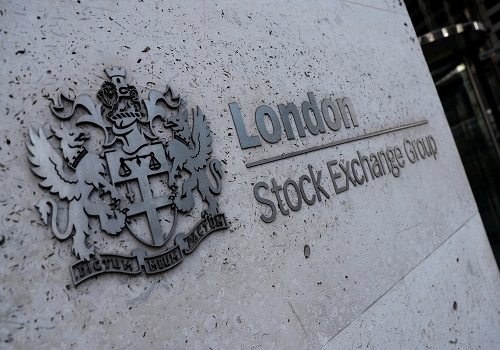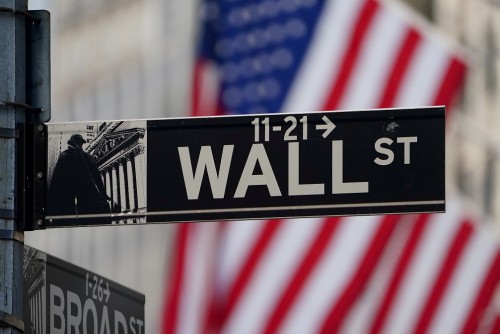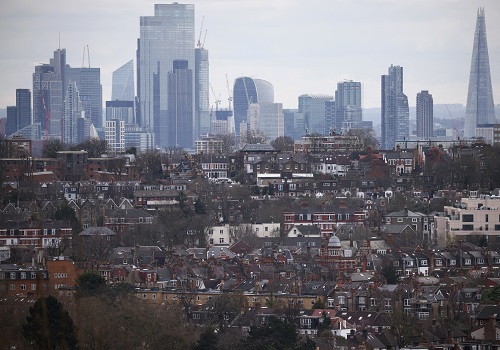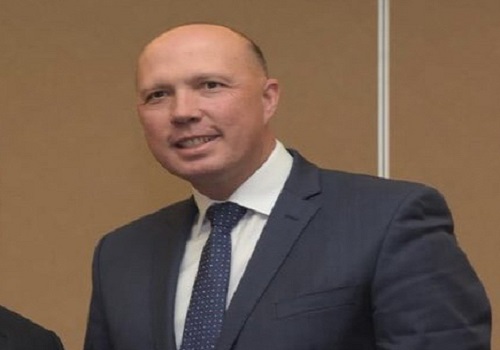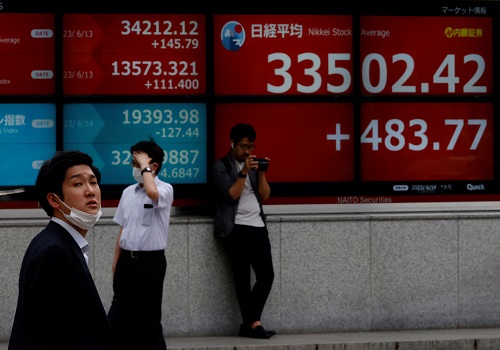Wall Street set to open lower ahead of earnings
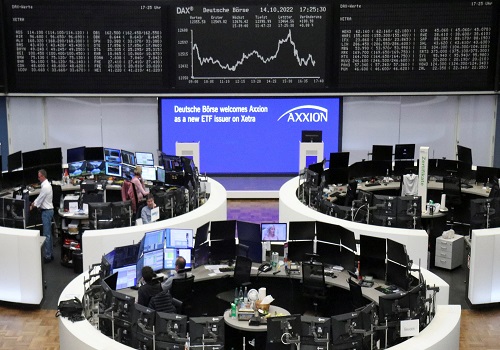
Follow us Now on Telegram ! Get daily 10 - 12 important updates on Business, Finance and Investment. Join our Telegram Channel
European stocks were mixed on Tuesday and U.S. futures pointed to a lower open for Wall Street, as investor hopes that the Federal Reserve could slow down its rate increases gave way to a more cautious tone ahead of U.S. company earnings.
Asian equities struggled to make gains due to uncertainty over whether President Xi Jinping's new leadership team would prioritise economic growth in China, where the onshore yuan finished the domestic session with its weakest close since late 2007.
European stock indexes opened higher but struggled to hold onto gains, with the STOXX 600 up 0.1% at 1100 GMT.
The MSCI world equity index, which tracks shares in 47 countries, was flat on the day and MSCI's main European Index was up 0.2%, having retreated from a 5-week high earlier in the session .
Some better-than-expected earnings results also supported European stock market sentiment, with Swiss bank UBS among those beating market expectations.
But Europe's largest bank, HSBC, reported a 42% slump in third quarter profit, prompting a 7% fall in its shares and dragging the FTSE 100 as a whole down to -0.8% on the day.
Tech giants Alphabet and Microsoft report earnings later in the session.
After a two-day bounce on Wall Street, U.S. stock futures were in the red, with Nasdaq e-minis down 0.1% and S&P 500 e-minis down 0.3%.
The U.S. dollar index was a touch higher on the day, up 0.2% at 112.06.
The euro slipped 0.2% at $0.98575 . The European Central Bank meets on Thursday and is set to raise rates by 75 basis points.
The British pound was up 0.4% at $1.133. On Monday the British currency recovered from session lows and gilt yields fell sharply in a sign of investor relief when former finance minister Rishi Sunak was named as the next prime minister. But analysts said that investors' confidence in the ruling Conservative Party's ability to manage the economy was still shaken.
Euro zone government bond yields fell, with the benchmark German 10-year yield down 10 bps at 2.248%.
German business morale fell slightly in October, but the data still beat analyst estimates.
The data "suggests that at least business sentiment is forming a trough," said ING global head of macro Carsten Brzeski in a client note. "This, however, does not mean that any improvement in the economy is near."
U.S. business activity contracted for a fourth straight month, data on Monday showed, suggesting that the Fed's rate increases have softened the economy, which in turn raised hopes that the central bank could begin slowing the pace of the hikes.
Hani Redha, a portfolio manager at Pinebridge Investments, said that some investors were relieved by "some hope that the pace of central bank tightening may start to slow later this year."
Economists polled by Reuters said that the central bank should not pause until inflation falls to around half its current level.
Pinebridge's Redha said that earnings estimates have been edging lower in recent months but that the pace of this has been "fairly modest".
"The potential relief that investors feel in terms of coming towards the end of the hiking cycle, that seems to dominate over the grinding lower of earnings estimates."
Oil prices fell by more than $1 a barrel, over fears of an economic slowdown weakening demand from the United States and China.













